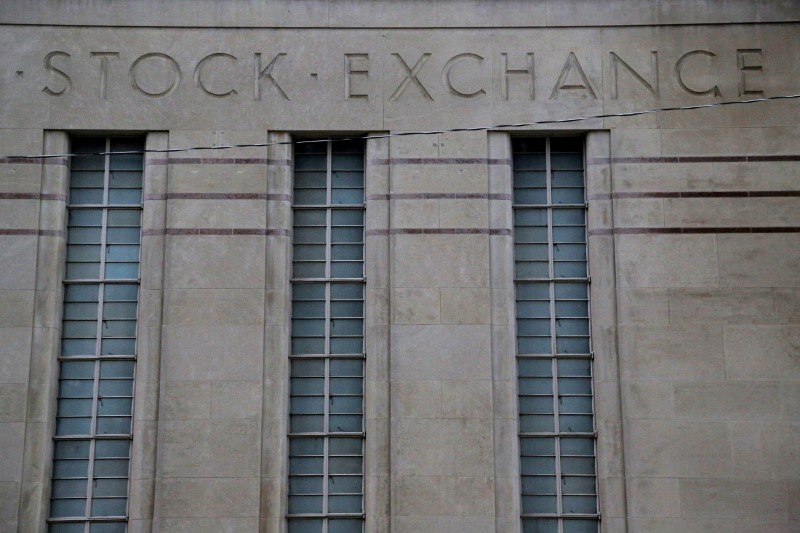By Shashwat Chauhan
(Reuters) -Toronto's main stock index rose to two-week high on Monday as higher commodity prices lifted materials and energy stocks, while investors awaited a slew of economic data coming in this week from Canada and the United States.
At 10:00 a.m. ET (1400 GMT), the Toronto Stock Exchange's S&P/TSX composite index was up 179.15 points, or 0.9%, at 20,014.9, touching its highest since August 15.
Energy stocks added 1.7% as oil prices rose after China halved stamp duty on stock trading in its latest attempt to boost the struggling market. [O/R]
China's finance ministry said in a brief statement on Sunday it was reducing the 0.1% duty on stock trades "in order to invigorate the capital market and boost investor confidence".
Wall Street also had an upbeat start to the week with the benchmark S&P 500 index adding 0.6%. [.N]
"It still feels like you don't want to buy Chinese equities directly because there's still a lot of uncertainty there," said Greg Taylor, chief investment officer at Purpose Investments.
"But adding some of the derivative aspects might be more palatable for a lot of investors."
The materials sector, which houses Canada's major mining firms, added 1.3%, tracking higher metal prices. [GOL/] [MET/L]
Heavyweight financials rose 1.0%, while technology sector gained 0.2% as bond yields eased.
Despite gains in the session, the benchmark index is set to record its worst monthly performance for August in the last eight years as a recent surge in bond yields and negative sentiment around top commodities consumer China weighed on the resources-heavy index.
Looking ahead, Canada's second-quarter gross domestic product report, due later in the week, is likely to show a sharp slowdown in domestic economic growth, a Reuters poll of economists showed.

Major Canadian Banks, including Bank of Montreal, Bank of Nova Scotia and National Bank of Canada (OTC:NTIOF), are also scheduled to report their quarterly earnings this week.
Among individual stocks, BlackBerry (NYSE:BB) fell 1.6%, a day after rallying more than 17%.